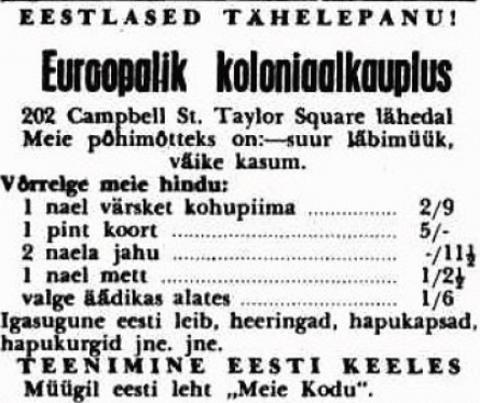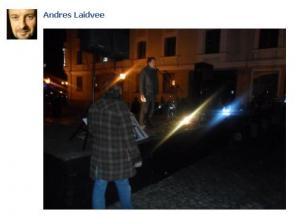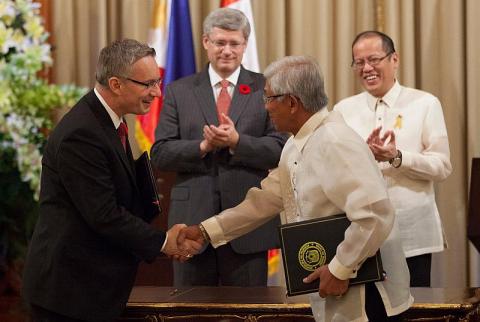For 'New Europe,' the Silent Treatment
By Josh Muravchik
The next time the United States needs the "new Europe," we may find it has grown old. This is the likely result of a plan by the Office of Management and Budget to abolish broadcasting by Radio Free Europe and Voice of America in the languages of Central and Eastern Europe.
"New Europe" was Defense Secretary Donald H. Rumsfeld's term for a group of nations many times older than the United States. What was new was their freedom. Having emerged recently from under the "evil empire," these states understood President Bush's determination to confront the "axis of evil." And they were eager to stand fast with America, a valued friend in their own fight for freedom.
While France and Germany -- the flaccid and ungrateful "old Europe" -- threw obstacles in the path of the U.S. war against terror, the Baltics and former Soviet "satellites" declared their support. Beyond rhetoric, they contributed what military elements they could in Afghanistan and Iraq.
Although this support is heartwarming, all is not well in the new Europe. The OMB says our broadcasts are no longer needed because democracy has taken hold there. But in truth, democracy's roots are still shallow in that region. Press freedom is not secure. In Romania, for example, journalists have been fined for publishing embarrassing disclosures about politicians, even though the court acknowledged the disclosures to be true.
The other side of this coin: Much journalism in the region is sensationalist, and standards of professionalism are weak. Radio Free Europe and Voice of America, which retain large audiences, are immune to intimidation, while setting a model of responsible reportage.
The reasons for keeping them in operation, however, go beyond concern for democracy. They also rest on our own direct interests. Opinion surveys show that the same anti-Americanism so vivid in French and German policy is on the rise in the new Europe. It is strong enough that politicians such as Czech President Vaclav Klaus make hay by taking potshots at U.S. policy, a mild echo of German Chancellor Gerhard Schroeder's unseemly tactic.
The broadcasting of Radio Free Europe and Voice of America helps to counter this trend, presenting reportage that while not slanted toward the United States is also not tilted against it, as is so much European journalism. In addition, Voice of America presents official U.S. views on issues.
These broadcasts are perhaps the most powerful way of "showing the flag" to a large slice of the region's citizens and most of its political leadership. Abolishing them would send a signal of slackening American interest, which would play into the hands of anti-American leaders in Paris and Bonn who have been warning these states to choose between close ties to the United States and full integration into Europe.
With world public opinion having turned sharply against the United States, the need for effective public diplomacy is urgent. Yet we are doing less of it than at any time since before World War II, thanks largely to the Office of Management and Budget, which is often more vigilant about the national pocketbook than about the national interest.
Every congressional body that deals with foreign policy has affirmed the value of the imperiled broadcasts, but so far budget hawks have prevailed. Now the Senate Appropriations Committee has endorsed $5.5 million of the $8.9 million authorized, but this could still be killed on the floor or in conference with the House, which appropriated nothing. In any case, it is not enough.
Broadcasting and other forms of public diplomacy are essential complements to our military efforts in the war on terrorism, so that the United States can regain a measure of international support. Could there be a worse moment to slash it further and kiss off the few friends who have been standing staunchly with us?
For 'New Europe,' the Silent Treatment washingtonpost.com
Kuumad uudised | 21 Oct 2003 | EWR
Kuumad uudised
TRENDING























